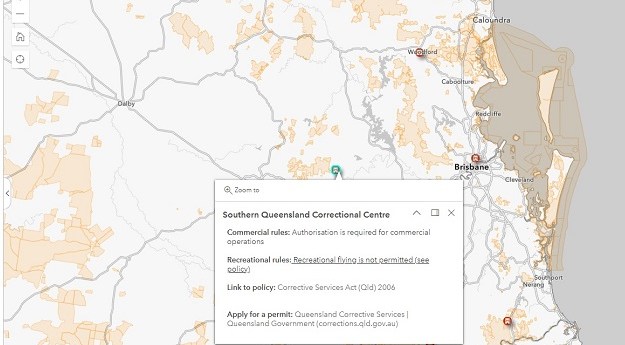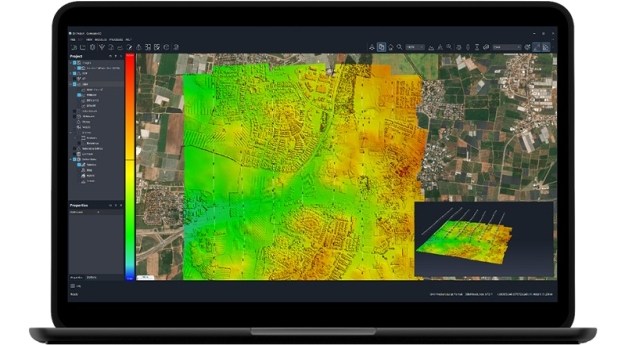
A European Space Agency picture of a Galileo Full Operational Capability (FOC) satellite Photo: Pierre Carril/ESA/PA.
Row sees UK threatening to build rival constellation after Airbus commitment to move contract work to Europe in line with ESA ruling.
A diplomatic stoush between the UK and the EU has exploded as the European Commission moves to block UK based companies from security-related aspects of the program in anticipation of the UK’s exit from the European Union.
The fireworks kicked off after Airbus Defence and Space managing director Colin Paynter, announced to the UK Parliament that the firm was ‘committed’ to moving all operations for a €200 million contract with the European Space Agency (ESA) to the continent, in line with an ESA ruling that only EU-based entities can act as lead contractors on Galileo work from March 2019.
The ESA has also indicated that it intends to block the UK from access to Galileo’s encrypted Public Regulated Service (PRS) that EU member states rely on for strategic and military applications, and the UK has played a large part in manufacturing hardware for.
EU divided
The EC’s stance — which treats the UK as any other non-EU nation — has apparently divided member states, along with the unceremonious manner of its announcement, which the UK has called ‘peremptory’. Tim Barrow, the UK’s ambassador to the UK, is said to have sent a letter containing his concerns, to which he did not receive a response, and later received an apology with a statement that it had been lost by the European Commission.
French officials have reportedly raised concerns with the commission over the decision to block UK firms from the encrypted navigation system after Brexit, anxious to maintain a close security relationship with the UK — concerns that are apparently shared by the Netherlands, Spain, Sweden and the Baltic states.
UK response
The UK has vowed to ask for its share of almost €1 billion in contributions to EU space research to be returned if their involvement is blocked during the Brexit transition period. The govermnent claims the UK has played an “integral part in designing, developing and managing Galileo to date, particularly the delivery of payloads for satellites, the ground control segment and the development of the PRS software.”
Furthermore, UK chancellor to the EU, Phillip Hammond, has threatened to go ahead with building their own GNSS constellation if Brussels follows through on the ESA directive — name-dropping Australia as a potential partner.
“We need access to a satellite system of this kind. A plan has always been to work as a core member of the Galileo project, contributing financially and technically to the project,” he told reporters in Brussels on Friday.
“If that proves impossible then Britain will have to go it alone, possibly with other partners outside Europe and the US, to build a third competing system. But for national security strategic reasons we need access to a system and will ensure that we get it.”
The UK is also claiming that by blocking its involvement, the Galileo project will rack up another €1 billion in costs, threaten security for both parties and would constitute a violation of the joint commission on Brexit agreed between the EC and UK in December 2017.
Another Brexit casualty
The drama playing out over Galileo is symptomatic of the broader morass of Brexit, in which a raft of agreements around security, trade and migration bogged down in negotiations and tension between EU member states over a unified response to the crisis. Data-sharing agreements for UK businesses and government agencies are proving particularly problematic.
The timing of this contract and Airbus’ firm resolve to follow through on moving their operations to secure the contract is unfortunate politically, as the UK government faces backlash over unpopular cuts to public services, and the country’s economic grown has hit a five-year low.
The threats of developing a rival constellation may not be empty if the EU does play hardball however, as the UK has recently overhauled its Space Industries Act, establishing a solid regulatory framework for a range of space initiatives, and a major boom in space-related businesses popping up across the UK.












